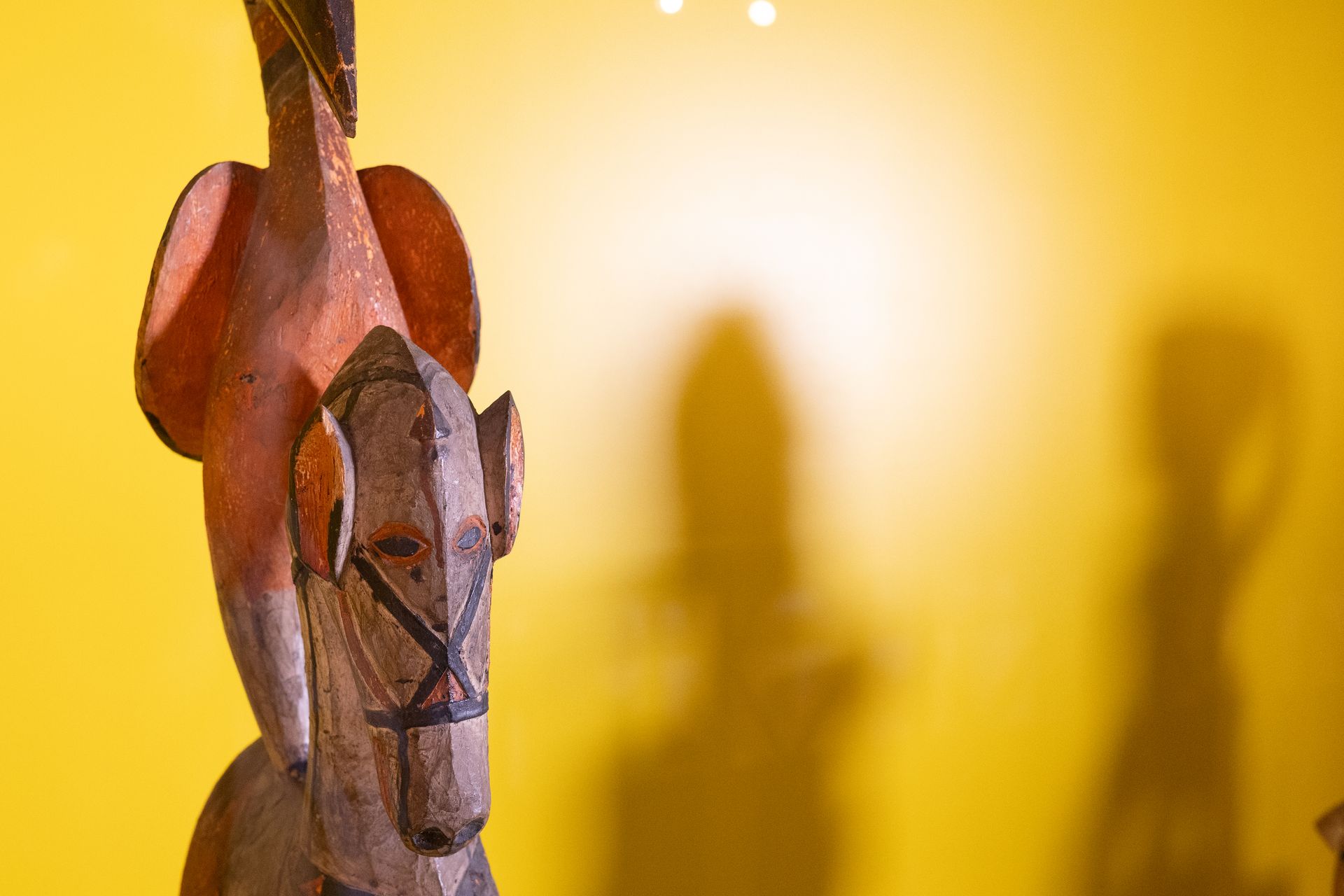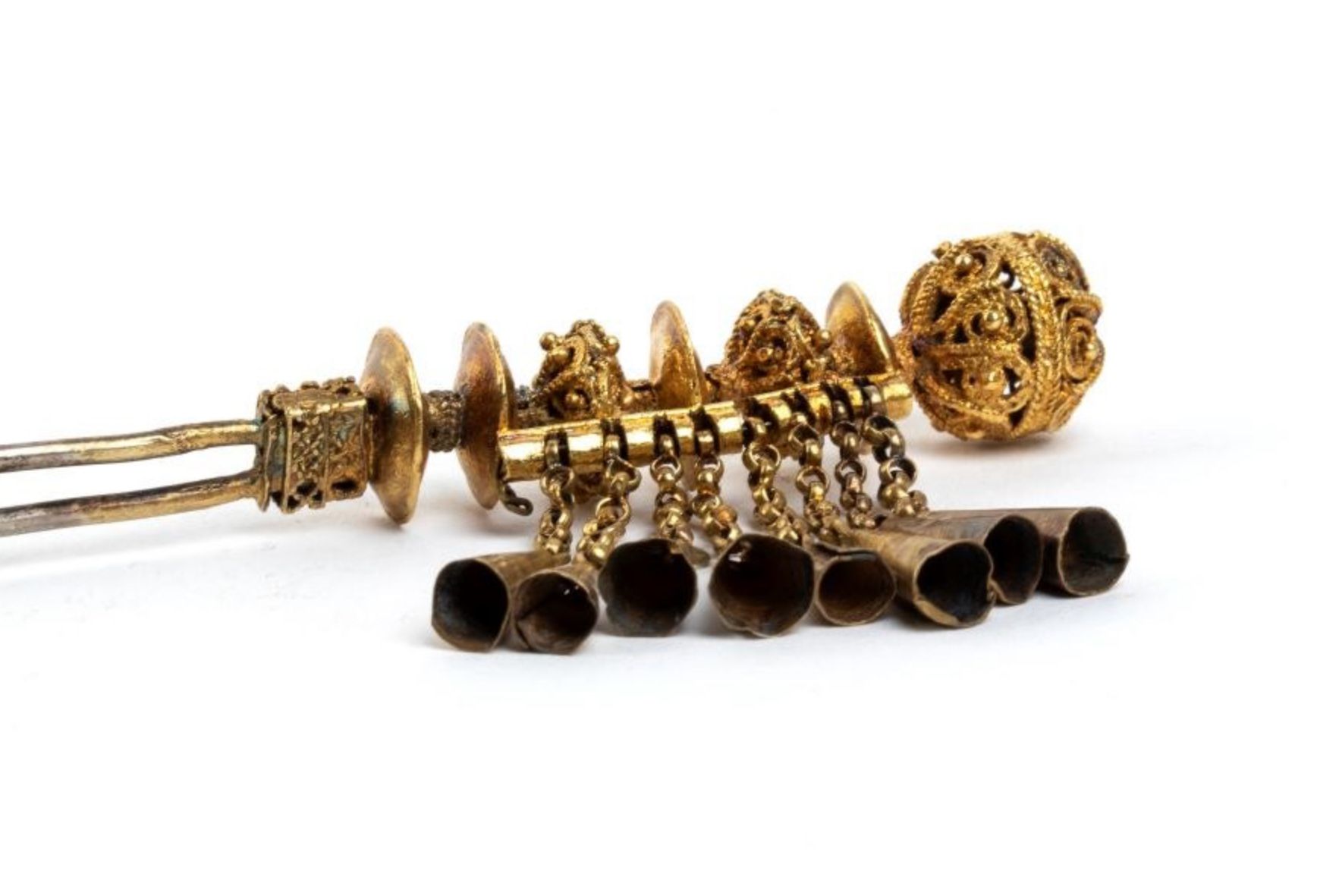Cultural Restitution
SHARE ARTICLE
South London’s Horniman Museum and Gardens is the latest institution to agree returning ownership of its Benin Bronzes to Nigeria. A consultation the Museum held in autumn 2020 with members of the Nigerian diaspora community over the future of 72 objects looted from Benin City played a key role in the unanimous decision of the trustees to return the Bronzes.
The consultation, part of a wider project called ‘Rethinking Relationships and Building Trust around African Collections’, led the Museum to introduce a new policy on restitution and repatriation. The new policy requires that each request for repatriation is dealt with on a case-by-case basis.
In January this year, Nigeria’s National Commission for Museums and Monuments (NCMM) submitted a request for the Horniman to return ownership of its entire collection of Benin artefacts. These include 12 brass plaques, a brass cockerel altar piece, ivory and brass ceremonial objects, brass bells and everyday items such as fans and baskets. Following six months of provenance research conducted by independent experts, the Museum’s trustees decided the objects should be returned to Benin City in Edo State, Nigeria. Their decision was endorsed by UK Charity Commission, the regulator of the charity sector, last week (August 5).
“The evidence is very clear that these objects were acquired through force, and external consultation supported our view that it is both moral and appropriate to return their ownership to Nigeria.”
Eve Salomon, Chair of the Trustees of the Horniman Museum and Gardens
The Horniman initiative marks a watershed moment in the restitution debate as it becomes the first UK museum funded by government to agree the return of Benin artefacts. As a charity, authorisation is required from the UK Charity Commission before deaccessioning can take place.
The collection’s roots lie in British Empire and colonialism and was formed by tea trader and Liberal MP Frederick Horniman. The Benin artefacts were purchased by Horniman between 1897 and 1899. For several years, the Museum has been determined to shake off long-standing issues of racism and discrimination associated with the Museum’s history and collections and has now agreed what it calls a ‘Reset Agenda’. This is a coordinated programme aimed at acknowledging their colonial history, attracting a more inclusive audience and workforce and addressing the environmental and social issues that all museums now face.
Within this new environment, it’s possible that a number of Benin objects will remain on display. Like other agreements the NCMM is forging with collections across Europe and the UK, opportunities for further collaboration might involve the Horniman retaining a number of Benin items for display, research and education. However, this still won’t prevent the formal transfer of ownership of all their Benin objects to Nigeria.
The willingness of the Museum to engage in a wider consultation about its Benin artefacts - with diaspora communities, visitors, school children, heritage professionals and artists based in Nigeria - distinguishes the Horniman’s approach from other collections grappling with ownership of looted Bronzes. In the case of the Horniman, the architect of this approach was Director Nick Merriman who was committed to building long-term relationships between collections and source communities.
As Merriman told Returning Heritage, “Usually the debate around restitution and all things that go with it has been between one country or one institution and another in the UK. But we felt there was an important voice missing in all of this, which is the opinions of those diaspora communities living in the UK.”
The Horniman’s route on its path to repatriating its collection of Benin Bronzes looks an attractive model that other collections with strong roots in their local communities might wish to follow.
After this was written......
A New York-based Restitution Study Group, which campaigns on behalf of the descendants of enslaved people to secure repatriations, has intervened claiming a "co-ownership interest" in the Horniman's collection of Benin Bronzes. The Executive Director of the Group has sent an open letter to the UK Charity Commission urging them to reject the Horniman's and other UK museum plans to repatriate their Benin objects to Nigeria (History Reclaimed). Instead, they propose the museums should hold them in trust: "they are the wealth and legacy of slave descendants, not the slave traders". The Group argues the Kingdom of Benin, through Nigeria, would be unjustly enriched by their repatriation. "Nigeria and the Kingdom of Benin have never apologized for enslaving our ancestors," explains the letter. "We ask that you do not approve the transfer of these relics." Slavery was a significant source of wealth for the Kingdom of Benin and many of the 'Bronzes' looted from Benin City were made from melted-down currency earned from the trade in African slaves.
Photo: Benin plaque of Chief Uwangue and Portuguese traders
Courtesy of Horniman Museum and Gardens
More News



